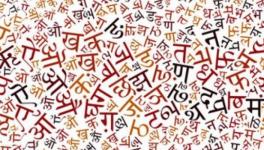At Vidya Vanam, Children Learn to Respect, Empathise With Other Cultures
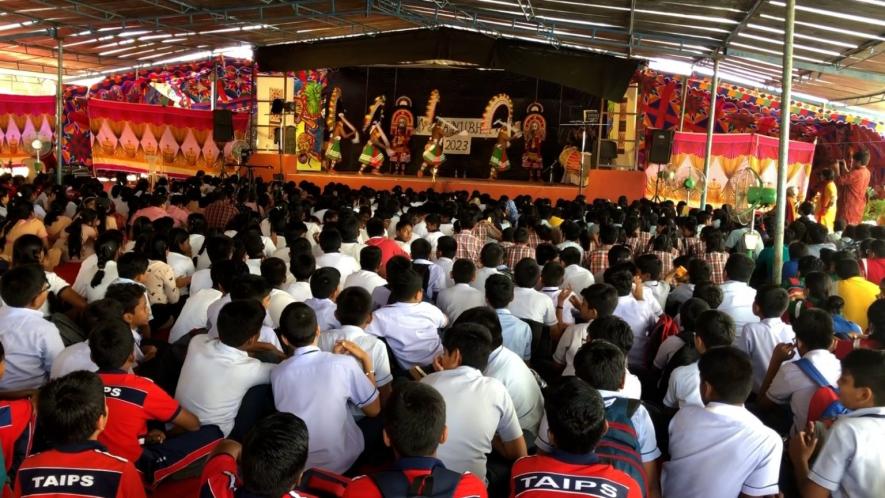
Svanubhava 2023
Vidya Vanam is a school in a village called Anaikatti, at the foothills of the Nilgiris, about 30 kilometres from Coimbatore on the border of Kerala. Part of the village is on the Tamil Nadu side and the other on the Kerala side.
Vidya Vanam began in 2007 and was established for the children of the Irula community, a tribal group in the area. Prema Rangachary, who founded the school, is an educator who taught at Ethiraj College in Chennai and later ran a primary school in Chennai until 2000. In the early 2000s, Rangachary came to Anaikatti to train the teachers in the balwadis (anganwadis) in the area. “I was working in about 13 villages in the forest area and used to travel from Chennai every weekend to spend around three days here. In 2003-04, the anganwadis did not have much infrastructure, though they did improve later. Back then, they were just single rooms in a village. One partially educated woman would be the teacher and another would cook the midday meal. What I found was that they were just preparing the midday meals, not really teaching.”
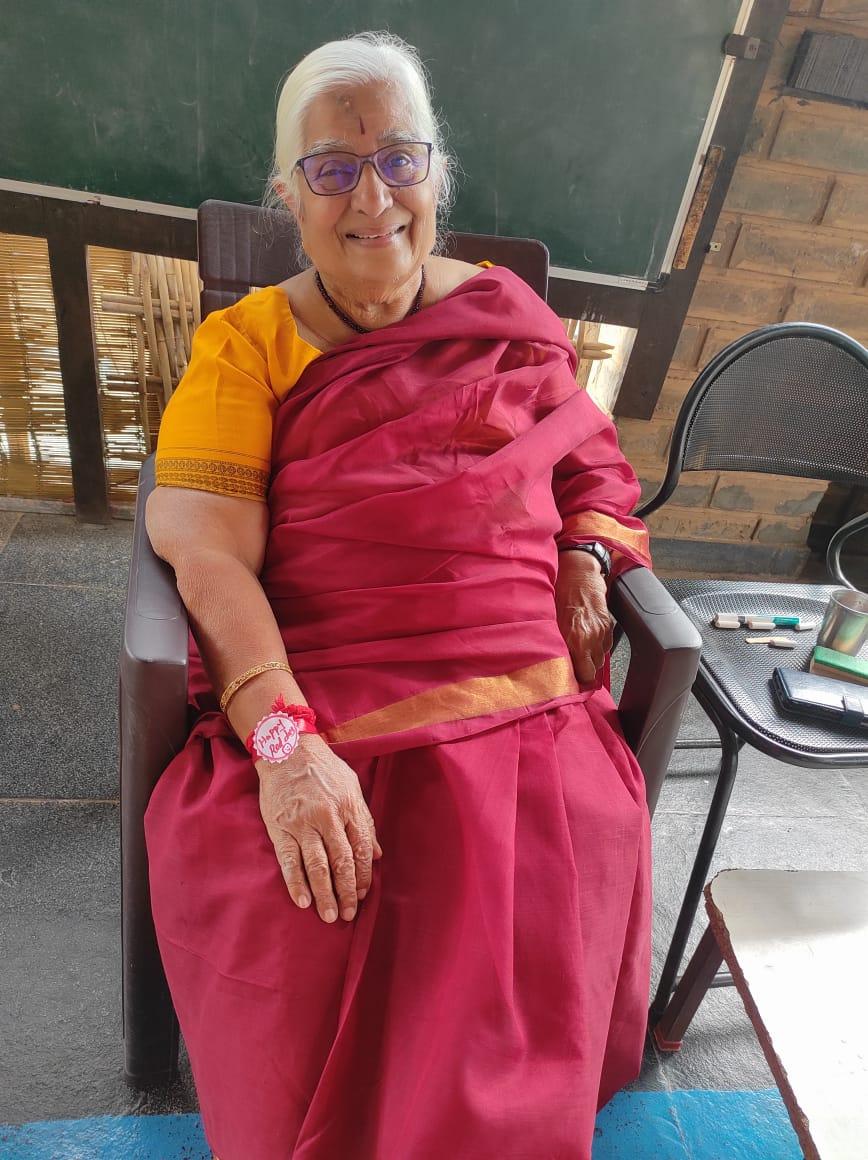
Prema Rangachary
Over time, Rangachary became friendly with the people and was asked to start a school. The community wanted their children to have an English education and the government school was a Tamil-medium one. “We started the Bhuvana Foundation in my mother’s name,” she recalled. “And Vidya Vanam was the foundation’s first project. The school began with 20 children. Today, it is a high-capacity school with around 270 children. Our classes are gender equal. And around 60% are from the tribal community. A few students come from fairly affluent families who have come to this area because they want their children to study under the method of education we provide.”
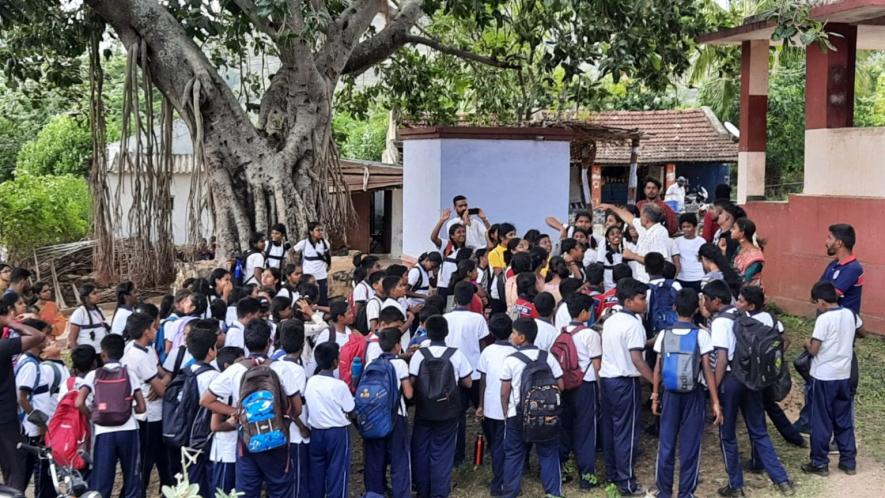
One of the highlights of the school’s calendar is Svanubhava, a performing arts festival initiated by the musician T.M. Krishna. Vidya Vanam has been hosting the festival since 2014. “The festival is supported by the Sumanasa Foundation. Children from schools in Coimbatore and sometimes even Tiruppur attend the festival,” says Rangachary.
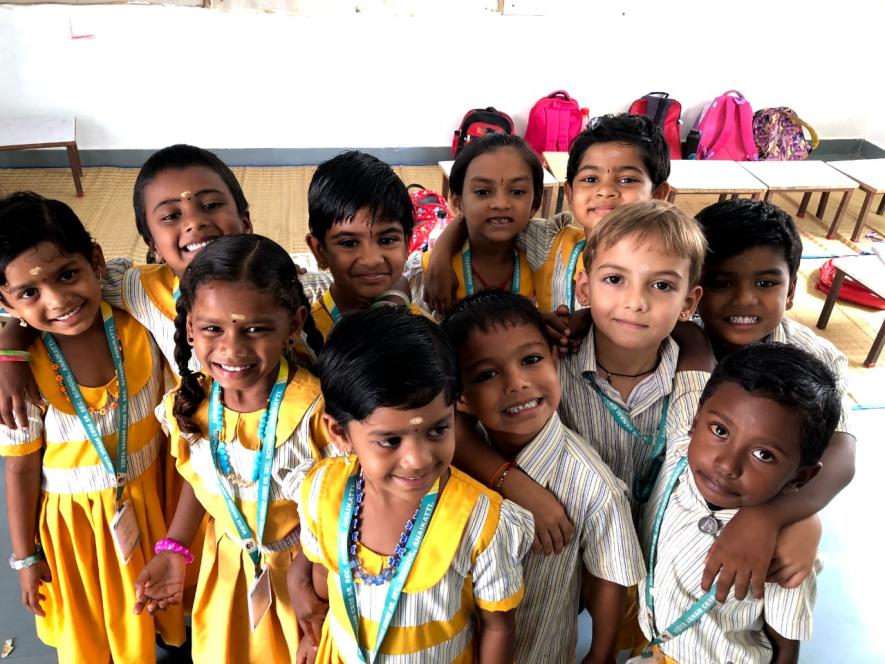
Svanubhava allows children to experience a diverse range of art forms from across the country at close quarters. It demystifies and demolishes the idea of art being something strange and exclusive and not for everyone and brings them closer to the artist and the form. Rangachary calls the experience “a cultural extravaganza”. It doesn’t involve speeches. Apart from art forms such as Bharatanatyam, Odissi, and Kattaikuttu, it also showcases local culture such as Irula dances and cuisine, Kurumba art, Toda embroidery or Kota pottery. The event is coordinated by the school, with both teachers and students participating.
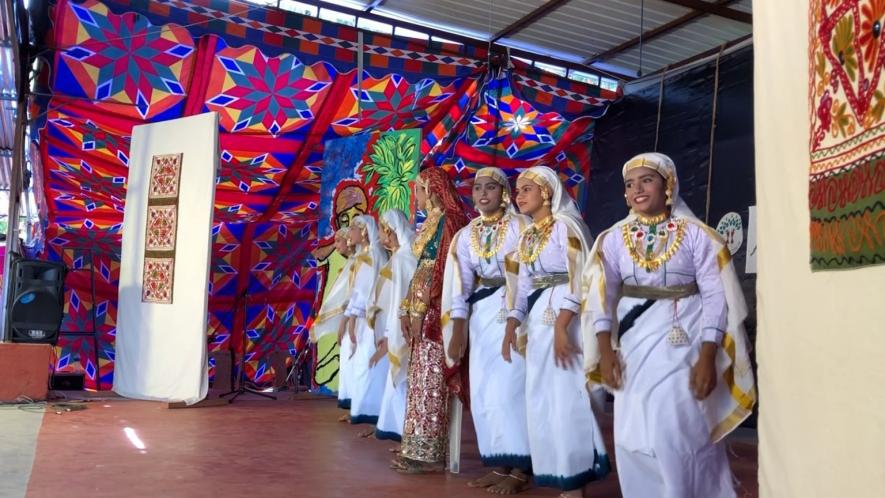
This year, the event took place after a pandemic-induced three-year hiatus. Over 800 children from various schools across Coimbatore attended over two days. Rangachary explains that this is a different kind of exposure for the children. “When the dancers began, all our children started dancing. Students from other schools were a bit intimidated at first, but soon, they also joined in. That’s what Svanubhava gives: the freedom to enjoy, listen, talk and ask. We also want to reiterate that life is much more than they will find in their textbooks.” The success of this event can be gauged from the fact that principals of other schools ask about the programme dates every year so that they can send their students.
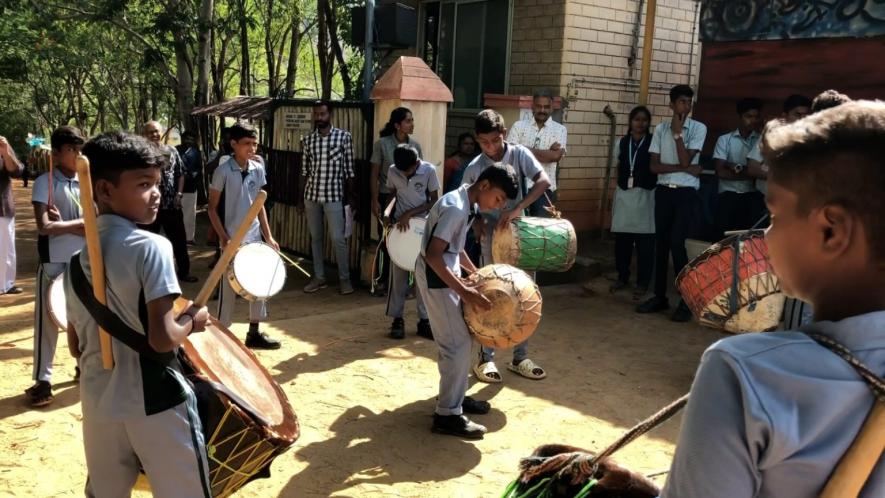
A special feature this year was the Irula Walk, in which 80 students from city schools were taken to Thuvaipathy, a village near Vidya Vanam and introduced to the Irula way of life: worship, musical instruments, architecture, dances and more.
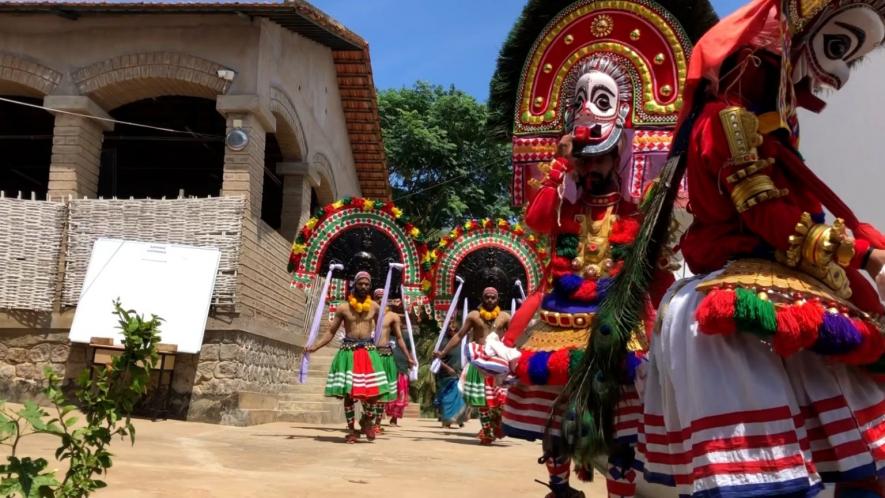
Rangachary says that the response was overwhelming. “Usually, when we think of tribals, we think of people dressed in leaves, with feathers in their hair…Here, you have a bunch of students explaining their culture and lifestyle in such lucid terms. That was a great revelation of how things have changed.” This unique interaction between students from the Irula community and children from urban schools gave them an opportunity to understand each other.
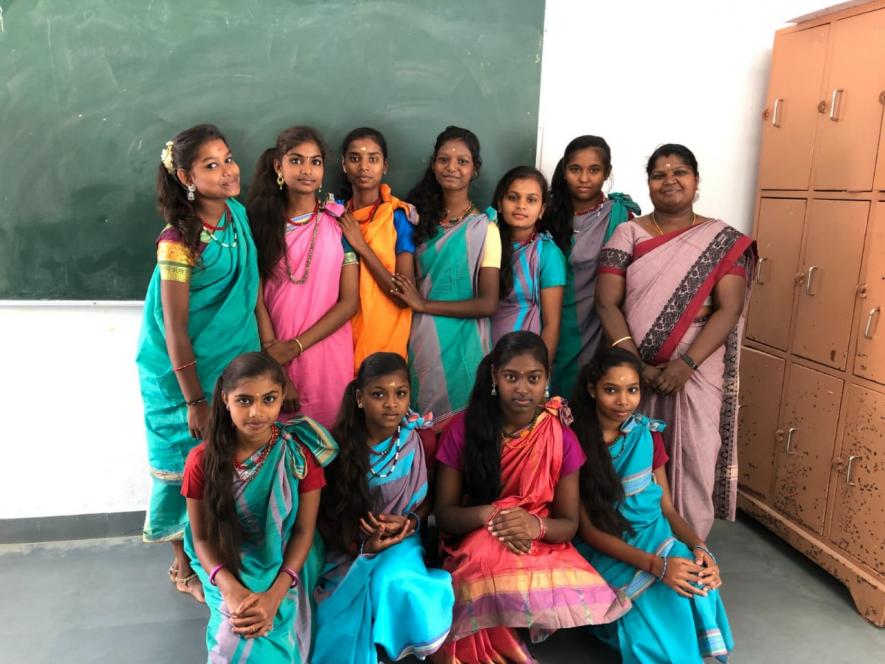
An event such as Svanubhava teaches not just appreciation of art forms and the environment that gives birth to them but also to respect and empathise with others.
All pictures courtesy Prema Rangachary
Get the latest reports & analysis with people's perspective on Protests, movements & deep analytical videos, discussions of the current affairs in your Telegram app. Subscribe to NewsClick's Telegram channel & get Real-Time updates on stories, as they get published on our website.









